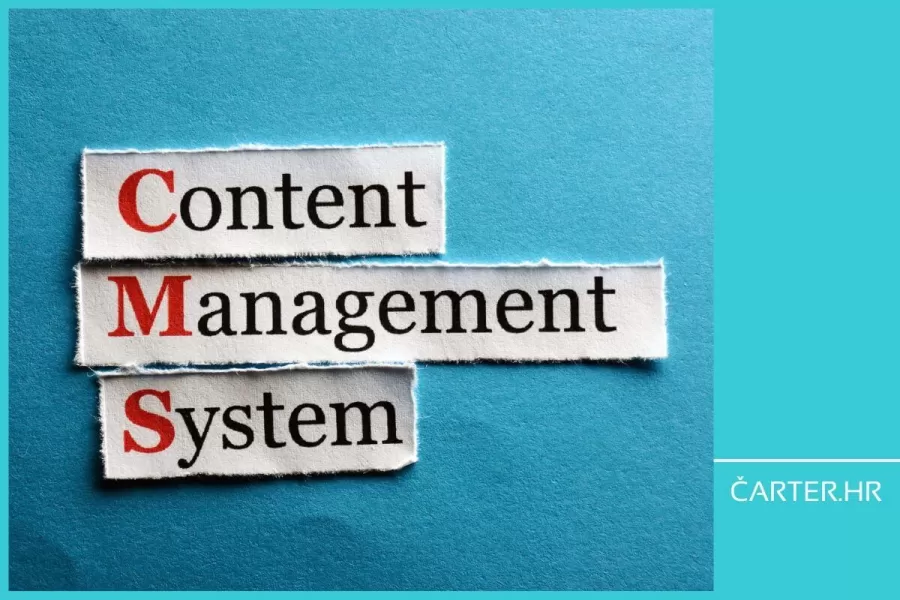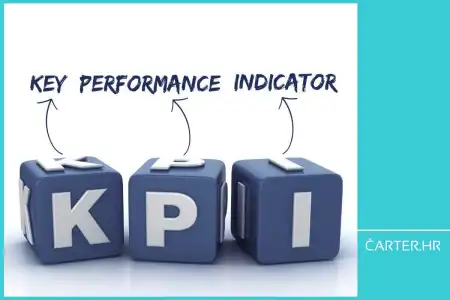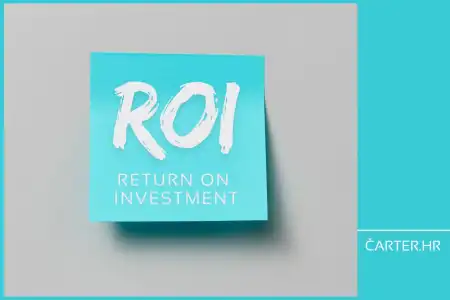
- 11.09.2023.
- News, Web design
Crafting the perfect yacht charter website requires more than stunning visuals; it's about the engine behind it. Content Management System (CMS) not only stores and updates content but enhances user experience, from easy bookings to smooth site navigation. A good CMS must fit today's needs and scale with your growing business.
We have already written about how your website should look like, what you should present through it, and what it should "feel" like.
With guests constantly searching for the best yachting experience, the right online presence can make all the difference. And having a visually extraordinary yet functional website is essential. You know that. And we know that.
But what lies beneath a good and optimised website? How to make it? How to update your content? And, in essence, how to manage it...?
How do you choose the best Content Management System (CMS) to showcase all your yacht charter offers to the world?
Importance of a well-designed yacht charter website
As you know, your website should be more than just any page on the internet; it represents the essence of your brand. It should be able to reach clients and offer them exactly what they are looking for.
Your guests are not just looking for a service; they're seeking an experience, so your yacht charter website should pay attention to important details.
And those details can make the biggest difference.
A seamless user experience and strong and compelling content should be a reflection of your yacht charter and what your guests expect once they come onboard your yachts.
People should be able to find all the information about their dream yacht with just a few clicks. An efficient booking system and just enough of a personal touch through further communication make it easier for them to commit.
With all of these elements, together with the right amount of carefully placed keywords - you should have a solid website.

Best CMS to utilise for making your website
What people see when they visit your website is just the tip of the iceberg, so to speak.
The part of the iceberg you see above the water represents the user interface — the graphics, content, buttons, and menus that visitors interact with.
The massive portion beneath the surface, invisible but fundamentally essential, represents the Content Management System (CMS).
So essentially, CMS is "what’s behind” your yacht charter website.
We could describe a CMS as a digital library. It stores everything — from written content and images to videos and downloadable files.
CMS manages the operations that users don't see but experience, such as form submissions, user account management, and content updates.
Most modern CMS platforms come integrated with SEO tools and analytic trackers. These backend features help optimise the website for search engines and understand user behaviour, respectively.
A good CMS will have the tools and plugins available for expansion, allowing you to adapt as your website grows.
In essence, while the visuals and content are the front-facing elements of your website, the CMS is "the engine" in the background, making sure everything runs smoothly and efficiently.

WordPress: flexibility and functionality in one place
Over 40% of the websites runs on WordPress platform and for a good reason.
WordPress is the go-to choice for businesses and individuals alike. But what gives it this status?
WordPress is a vast repository of themes that can be customised to your needs and your website’s aesthetics. With over 55,000 plugins made to enhance functionality, from booking systems to interactive galleries, this CMS moulds perfectly to individual requirements.
It also has support on a global scale. Millions of developers, designers, and everyday users contribute to forums, offering solutions, sharing experiences, and providing insights.
WordPress is inherently scalable. Whether you're showcasing a single yacht or presenting an impressive fleet, the platform can handle it, efficiently managing increased traffic and content.
Joomla: balance between power and simplicity
If you believe WordPress might be overwhelming, Joomla should be the right CMS for you.
One of Joomla's standout features is its detailed user access management. Beyond merely designating roles, it precisely defines what actions each person can undertake, from viewing to editing and management.
Joomla may not boast the volume of extensions WordPress offers, but what it lacks in quantity, it compensates for in quality. The platform's extensions library is comprehensive, ensuring that each tool is optimised for performance.
Joomla also has built-in multilingual support, eliminating the need for additional plugins or complex configurations.
For those such as yacht charters who traverse international waters and cater to clientele from various linguistic backgrounds, this feature is a game-changer.
In essence, Joomla offers intuitive simplicity, making it the best choice for those seeking an efficient, streamlined approach to website management.

Drupal: for advanced users seeking robust features
Drupal is a CMS for those tech enthusiasts who crave a deeper level of customisation and control.
Renowned for its high degree of customizability, Drupal has an extensive array of modules and a framework designed for bespoke web development.
It offers robust security measures, frequently updated to tackle the latest vulnerabilities. Websites built on Drupal are not just functional; they're safeguarding both data and integrity.
Drupal's content workflow system lets you assign roles, similar to Joomla. It specifies who creates, checks, and publishes content in a seamless, collaborative process.
Wix: user-friendly option for beginners
Wix is perfect for those who prefer simplicity over intricate tech.
The platform's drag-and-drop feature ensures that crafting a site becomes a seamless activity. You can effortlessly select elements, from images to text boxes, and position them just where you envision, no coding or IT knowlegde required.
Wix doesn't just offer generic templates; it provides professionally designed blueprints tailored to many industries.
Wix includes hosting services. This means you are spared the complexity of liaising with separate hosting providers, making the process of website design and management remarkably smooth.

Final thoughts: what are your CMS options
When deciding on a Content Management System (CMS), you must know that there isn't a one-size-fits-all solution.
How should you find the ideal CMS for your yacht charter company? Answer these specific questions:
What are the needs of my yacht charter company?
What functionalities and features are paramount to your business? Do you need advanced booking systems, virtual tour capabilities, or multilingual support? Or all of the above.
What technical expertise does a CMS require?
Not all CMS platforms have the same learning curve. Some, like Wix, are beginner-friendly, while others, such as Drupal, cater to users with a deeper understanding of web technology.
What experience should my website offer to people?
The user interface and overall experience you wish to offer will also dictate your choice. Do you want a highly customisable interface, or would you prefer a straightforward, template-based design?
Can CMS grow together with my yacht charter?
It's essential to consider not just where your business stands today but where it might be in the coming years. A good CMS should be able to adapt and grow with your business.
A well-designed website can directly influence your customers trust and engagement.
Choosing the right CMS ensures seamless content updates and management, which are pivotal for effective digital marketing strategies.
Take your time to weigh the advantages and drawbacks of each CMS, keeping in mind the unique about your yacht charter business.
It should cater to all of your needs and be able to craft a web site that's truly unique. And also be able to grow with your fleet.
FAQ
Are CMS systems generally easy to use?
CMS ease of use varies. Platforms like Wix are beginner-friendly, with features that are easy to use. WordPress, which we could call intermediate level, is relatively not difficult to use with advanced options. Systems like Drupal cater to tech-savvier users, offering deeper customisation but a steeper learning curve.
Are there any fees for using CMS systems?
Costs for CMSs differ. Some offer free versions but charge for premium features or hosting. Others operate on subscription models with monthly fees. Additional costs can arise from plugins, themes, or specialised hosting services.
Categories of trends
- News
- Sale
- Marketing
- SEO
- Web design
- Social media
- Technology
- Regulations
- Management
- Education
- Finances
- User experience
Newsletter
Sign up for the newsletter and receive the latest trends and tips straight to your inbox



